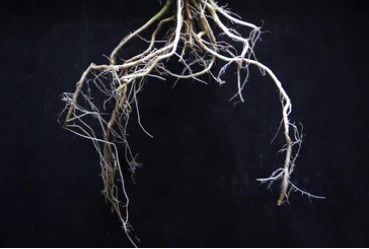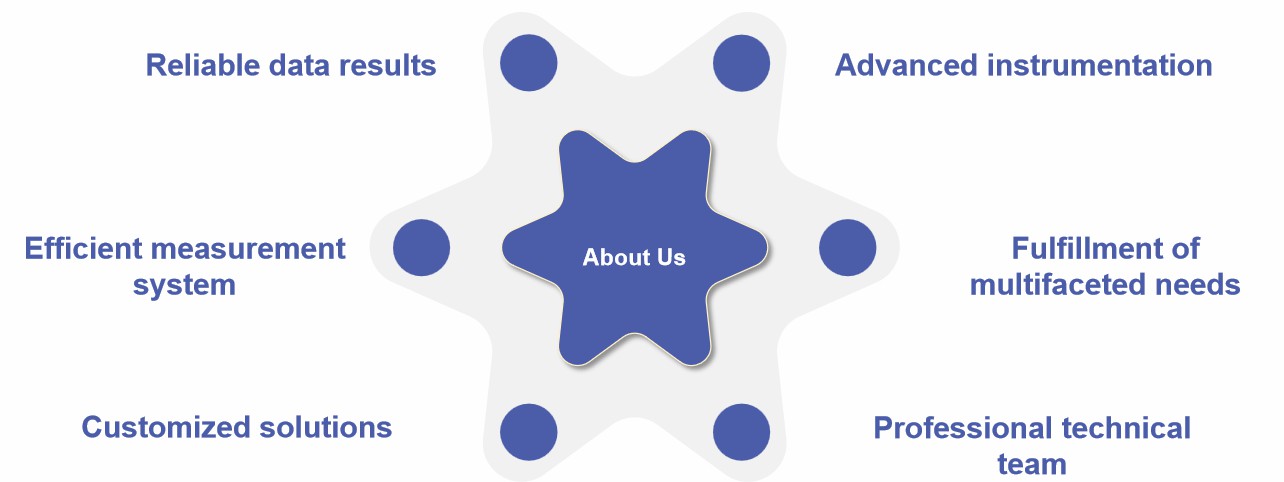In modern agriculture, crop growth and yield are affected by various factors, among which the health status of the root system is crucial. To deeply understand the physiological and ecological functions of crop roots, Lifeasible provides advanced and reliable technical support and effective solutions for plant root characterization, especially our introduced non-invasive observation and monitoring system, as an innovative root research tool, which can help agricultural scientists and growers to make more informed decisions.
Genetic mapping is a tool for presenting plant genetic information that reflects the genetic differences between plant varieties. Through these maps, we can help researchers and agricultural technicians achieve the following purposes.

We utilize advanced techniques and instrumentation in the characterization of plant roots, replacing traditional methods of plant root observation that are time-consuming and can cause damage to the root system and even death of the plant. Below are some of the techniques we use most often.
We have a non-invasive root observation and monitoring system for analyzing root morphology, including root length, diameter, surface area, volume, and other indicators. Using this non-invasive observation method, we can help agricultural scientists and growers make more informed decisions by monitoring plant roots.
Transparent gel is a non-soil substrate that allows the root system to grow in a visible environment. This makes it ideal for studying the morphology and conformation of microroots and the root systems of seedlings.
For root investigations using soil as the substrate, we use root chambers with one or more transparent planes where plants are cultivated, and the root system is visible through the transparent walls.
We provide innovative in situ plant root research techniques by using X-ray tomography and magnetic resonance imaging for non-destructive root studies.
We utilize non-destructive observation techniques that allow us to achieve an all-encompassing three-dimensional view of the root system, including techniques such as ground-penetrating radar (GPR) and X-ray computed tomography (XCT). We need to be aware of the effects of factors such as soil moisture and texture when using these techniques.
Application of Plant Root System Characterization
 Fig.2 Advantages of our services. (Lifeasible)
Fig.2 Advantages of our services. (Lifeasible)
Lifeasible provides advanced root characterization services for your plant research, helping you gain an in-depth and comprehensive understanding of the plant root system and solid data to support your agricultural research. If you are interested, please feel free to contact us.
Lifeasible has established a one-stop service platform for plants. In addition to obtaining customized solutions for plant genetic engineering, customers can also conduct follow-up analysis and research on plants through our analysis platform. The analytical services we provide include but are not limited to the following:
Get Latest Lifeasible News and Updates Directly to Your Inbox